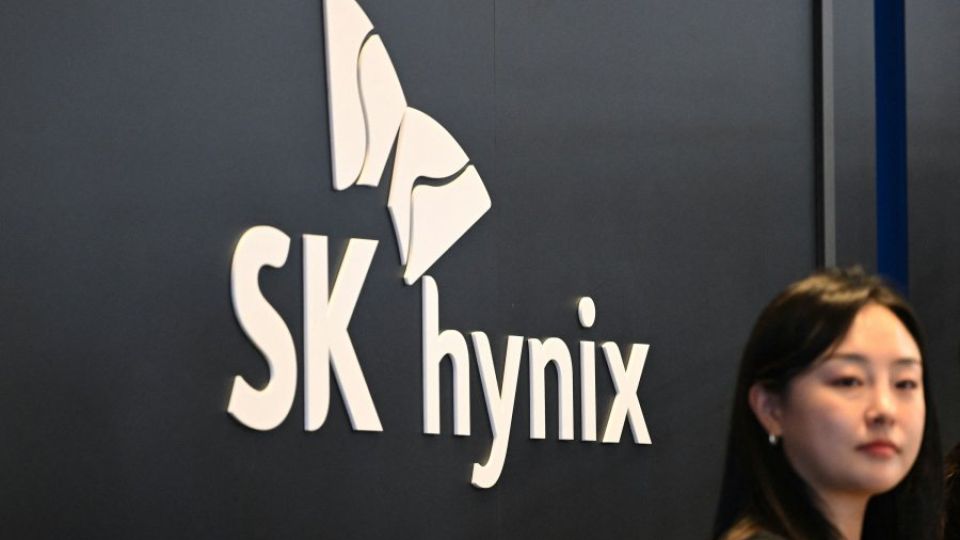February 12, 2025
SEOUL – The government push to pass a highly anticipated law for the semiconductor industry, which includes a clause that would ease the national limit on work hours in the critical sector, remains in limbo, as the majority opposition party and labor unions strongly oppose the legislation, calling it “exploitative.”
Amid the tense standoff between the ruling People Power Party and the main opposition Democratic Party over the clause aimed at lifting the 52-hour workweek cap for advanced chip R&D personnel, lawmakers are likely to proceed with the Special Semiconductor Act later this month without the controversial provision.
“In an era of advanced science and technology, where creativity and autonomy are crucial, forced long working hours are not the answer,” said Rep. Lee Jae-myung, chairman of the Democratic Party, in a parliamentary speech on Monday, criticizing the ruling party’s push to relax the 52-hour workweek regulation.
Lee’s remarks signaled a reversal from his Feb. 3 stance, following backlash from within his own party and anti-corporate activists.
“Even if work hour flexibility is introduced in certain sectors, it should not lead to an overall extension of working hours or be used as a way to avoid fair compensation,” he added, further proposing the introduction of a four-day workweek.
As the race for global chip dominance intensifies, industry demands to relax work hour regulations have grown, particularly for R&D personnel.
Korea — home to leading chipmakers Samsung Electronics and SK hynix — enforces a 52-hour workweek, consisting of 40 regular hours and up to 12 overtime hours (with employee consent).
Reflecting the industry’s calls, the ruling People Power Party proposed the Special Semiconductor Act, which includes the controversial work hour exemption clause.
“Without the Special Semiconductor Act, there will be no future for AI or Korea,” said engineers-turned-lawmakers Ahn Cheol-soo and Koh Dong-jin of the ruling People Power Party in a press conference following Rep. Lee’s speech.
“In the US, China, Taiwan and Japan, semiconductor researchers conduct R&D voluntarily without time constraints. Korea’s chip sector is restricted by the 52-hour law. In highly competitive global industries like semiconductors, labor flexibility is absolutely necessary.”
The liberal opposition and labor unions argue that the exemption clause would violate workers’ rights and worsen working conditions.
“Passing this exemption clause is equivalent to giving companies the right to overwork employees,” said Rep. Jin Sung-joon, policy committee chair of the Democratic Party.
However, companies and industry experts claim that allowing flexible work hours for R&D workers would not be “exploitative” and that concerns about abuse are exaggerated.
“The era of forced overwork is over. Employees will not work excessive hours just because companies demand it,” an industry official said.
“Our workload isn’t consistently heavy year-round. Flexibility would allow researchers to work intensively when necessary and take time off when workload decreases.”
To Korea’s liberals and labor unions, which have historically taken a hardline stance on labor issues, the 52-hour exemption is seen as a “rollback” of the Labor Standards Act — a “red line” that must not be crossed, a Democratic Party lawmaker said.
“Labor law is a core value of the Democratic Party. Even if Chairman Lee pushes for the exemption, it will be difficult for the party to reach a consensus,” said the lawmaker on condition of anonymity.
For labor rights advocates, the attempt to loosen the labor law is viewed as “corporate favoritism.”
On Monday, a coalition of 72 organizations, including the Korean Confederation of Trade Unions, Korea’s largest umbrella labor group; the minor progressive Justice Party and the Lawyers’ Group for Labor Rights, launched a joint action group to oppose the Special Semiconductor Act and the expansion of work hour exemptions.
“Industrial crises and corporate failures aren’t caused by employees working too few hours — they stem from incompetent management,” the coalition said in a joint statement.
“The Special Semiconductor Act is filled with preferential treatment for conglomerates.”
Critics question the necessity of extending work hours, pointing out that a special extension program already exists that allows companies to increase work hours to 64 per week for three months with the approval of the labor minister.
However, the application history of this system raises questions.
SK hynix has never applied for the extension, while Samsung Electronics applied 22 times for ministerial approval, according to Democratic Party Rep. Lee Yong-woo.
Still, the chip industry argues that the approval process is too difficult and that R&D work requires greater flexibility due to unexpected technical challenges, product defects and client deadline changes.
“Customized memory chips are becoming key in the AI era, and we need greater flexibility to meet the demands of global clients across different time zones,” said an industry official.
Another R&D executive emphasized that strict work hour caps disrupt research momentum.
“In R&D, new discoveries don’t come in an orderly fashion. Keeping up momentum is crucial, but rigid work hour regulations disrupt that flow,” said the senior R&D official, speaking anonymously.
With strong opposition from labor groups and divisions within the Democratic Party, the fate of the work hour exemption clause in the Special Semiconductor Act remains uncertain.
As the global semiconductor race heats up, Korea must navigate a delicate balance between protecting workers’ rights and ensuring its chip industry remains competitive.
For now, the debate is far from over.


